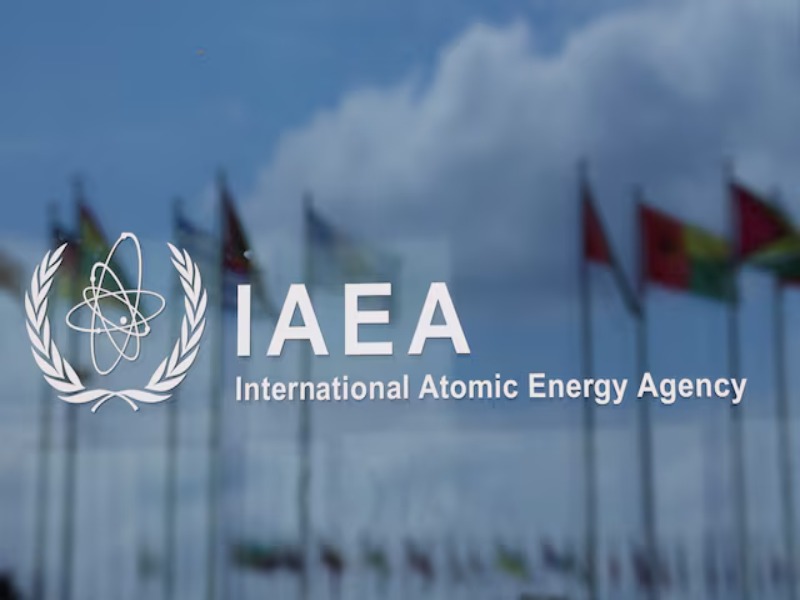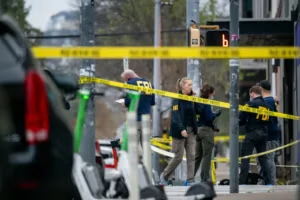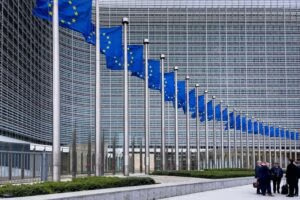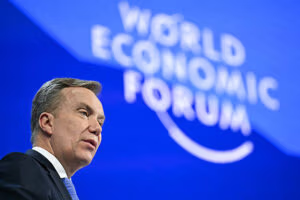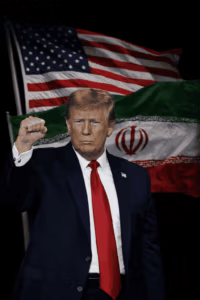The International Atomic Energy Agency (IAEA) announced on Wednesday that Iran has signed a new cooperation framework. The agency head, Rafael Grossi, stated, “all facilities and installations in Iran.” This covers all facilities and installations in the Islamic Republic, months after its regular monitoring was disrupted by the June war against Israel.
In a meeting, IAEA Director General Rafael Grossi declared to the agency Board of Governors that, “includes all facilities and installations in Iran, and it also contemplates the required reporting on all the attacked facilities, including the nuclear material present at those.”
The 12-day battle in June saw the Israeli and American attacks on Iranian nuclear facilities, and thereafter, Tehran stopped its collaboration with the UN nuclear watchdog. The IAEA inspectors were forced to leave Iran only to briefly visit it last month with a view to supervising the fuel exchange at the Bushehr nuclear power plant.
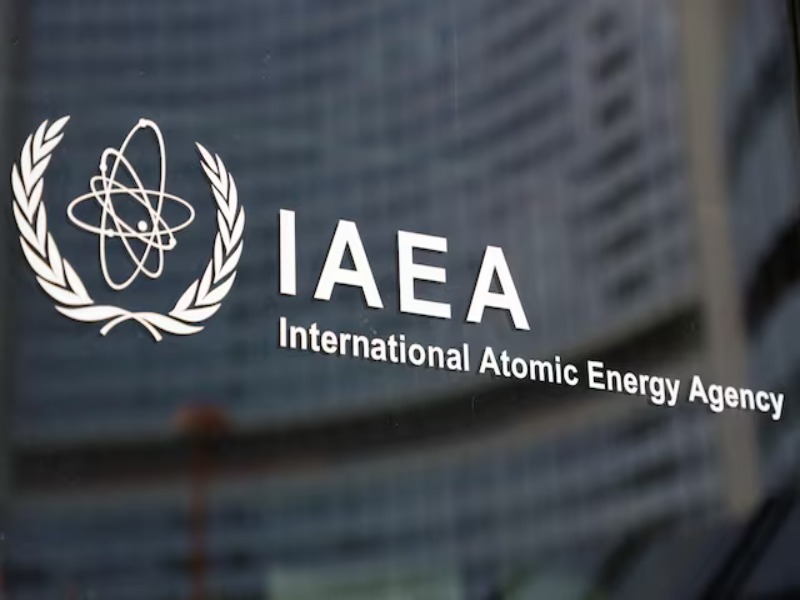
She states, “provides for a clear understanding of the procedures for inspections.” It not only projects all the facilities and installations in Iran but also imagines the required reporting on all the attacked facilities, such as the nuclear material situated at the facilities.
The suspension of cooperation by Tehran made the agency inspectors temporarily abandon Iran, with a team subsequently making a brief return last month to supervise the substitution of fuel at the Bushehr nuclear power station.
Presently, Nuclear facilities can be visited upon the approval of the Supreme National Security Council of Iran. The most recent inspection demand was denied entry to the main facilities, including Fordo and Natanz, both of which were damaged in the June attacks.
The agency head, Rafael Grossi, said, “Iran and the agency will now resume cooperation respectfully and comprehensively. Practical steps need to be implemented now.” She also opines that, “There may be difficulties and issues to be resolved for sure, but we now know what we have to do.”
Iranian Foreign Minister Abbas Araghchi threatened that Iran would not collaborate in cases where Western powers want to implement aggressive measures, including the reintroduction of UN sanctions. He quoted, “in the event of any hostile action against Iran.”
He also states that, “I emphasize that in the event of any hostile action against Iran, including the reinstatement of lifted UN Security Council resolutions, Iran will consider these practical steps ended.”
His wakeup call was when Britain, France, and Germany took measures in August, accusing Iran of failing to meet its part of the bargain in the 2015 nuclear accord. Tehran has condemned the move as illegal and threatened to close the European powers to future negotiations forever. Iran has denounced the move as illegal, and it may translate into the exclusion of the European powers in any future talks.
The agency head, Rafael Grossi, gave a wary, optimistic chord on Wednesday, saying that the recent agreement offers a way forward to reassert control. There may be hiccups and kinks to be worked out all right, but now we are well informed what we have to do, he explained to the Board of Governors.
The agreement is a new effort to calm relations between Iran and the UN atomic watchdog, after broader geopolitical arguments with Israel, the U.S., and European powers.


